We explore a wide range of science topics today.

Brains in Space (starts 1:00) Joel Parker explains how space travel may affect human brains
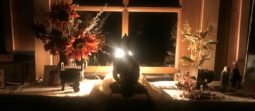
Climate Grief (starts 5:17) The United Nations warns that the changing climate will lead to increasing climate grief around the world. Kritee, a senior scientist at the Environmental Defense Fund, has become a Zen priest and national expert on Climate Grief. She leads community grief circles throug, Boundless in Motion and other meditation gatherings , to help people deal with difficult feelings around climate change. Melissa Bailey reports.
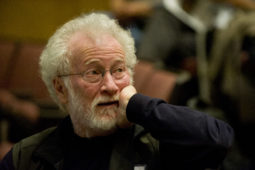
GoldLab Symposium (starts 15:31) Founder Larry Gold shares a highlight coming up in this year’s symposium about science, human health and big data. The symposium takes place May 19th and 20th. You can check out topics at this year’s symposium here. This is the link to register to attend.
Hosts: Shelley Schlender & Joel Parker
Producer: Shelley Schlender
Executive Producer: Joel Parker
Feature contributors: Joel Parker, Melissa Bailey
Listen to the show:
Podcast: Play in new window | Download (Duration: 22:00 — 30.2MB)
Subscribe: RSS



 This week on How on Earth, Beth speaks with Susan Allport, an award-winning writer who has written extensively on science. They talk about her book on omega 3 fats, The Queen of Fats, namely the touted omega-3 fatty acid. These essential fats can’t be synthesized by the human body and must be obtained from our diets. The conversation ranges widely, including details as to why they are so critical to health and some of the unique evolutionary history of our species that makes them so necessary. You can find out more about these amazing molecules at
This week on How on Earth, Beth speaks with Susan Allport, an award-winning writer who has written extensively on science. They talk about her book on omega 3 fats, The Queen of Fats, namely the touted omega-3 fatty acid. These essential fats can’t be synthesized by the human body and must be obtained from our diets. The conversation ranges widely, including details as to why they are so critical to health and some of the unique evolutionary history of our species that makes them so necessary. You can find out more about these amazing molecules at 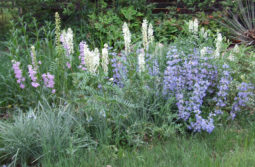
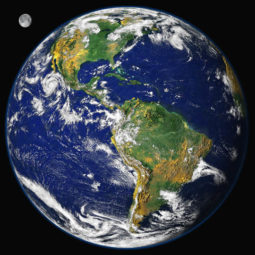
 We feature an interview with astronomer and author
We feature an interview with astronomer and author 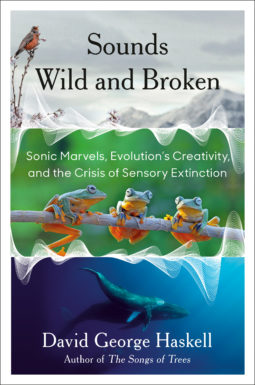 Nature’s Songs and Cries (start time: 0:59) In this week’s show
Nature’s Songs and Cries (start time: 0:59) In this week’s show 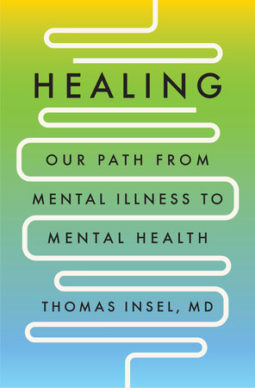 IN this week’s show Beth speaks with Dr Thomas Insel, former director of the National Institute of Mental Health. Dr. Insel was giving a presentation when the father of a boy with schizophrenia yelled from the back of the room, “Our house is on fire and you’re telling me about the chemistry of the paint! What are you doing to put out the fire?” Dr. Insel knew in his heart that the answer was not nearly enough. In his
IN this week’s show Beth speaks with Dr Thomas Insel, former director of the National Institute of Mental Health. Dr. Insel was giving a presentation when the father of a boy with schizophrenia yelled from the back of the room, “Our house is on fire and you’re telling me about the chemistry of the paint! What are you doing to put out the fire?” Dr. Insel knew in his heart that the answer was not nearly enough. In his 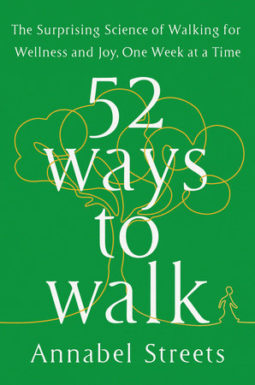 In this week’s show Beth talks to author Annabel Streets. Her book
In this week’s show Beth talks to author Annabel Streets. Her book